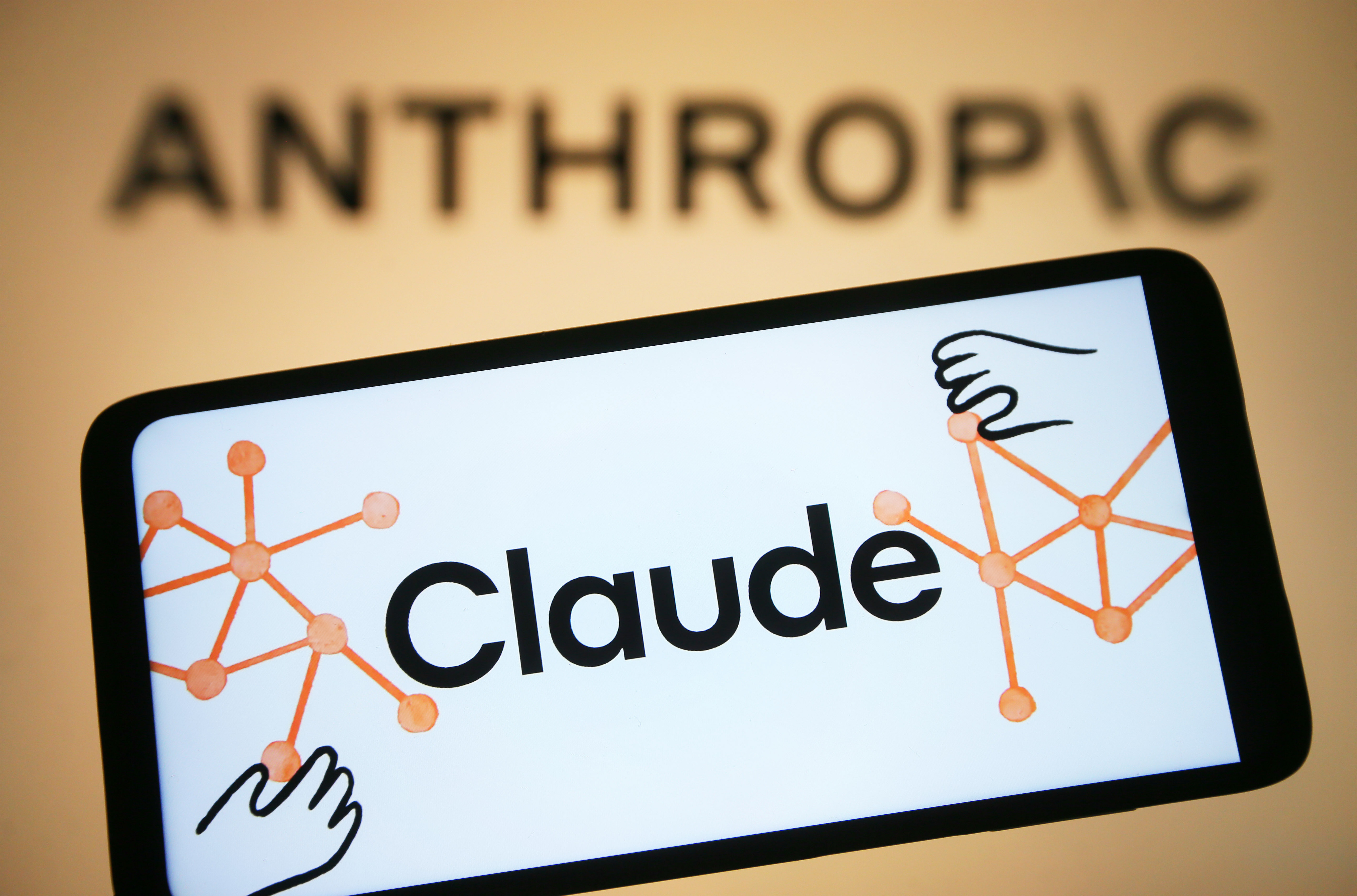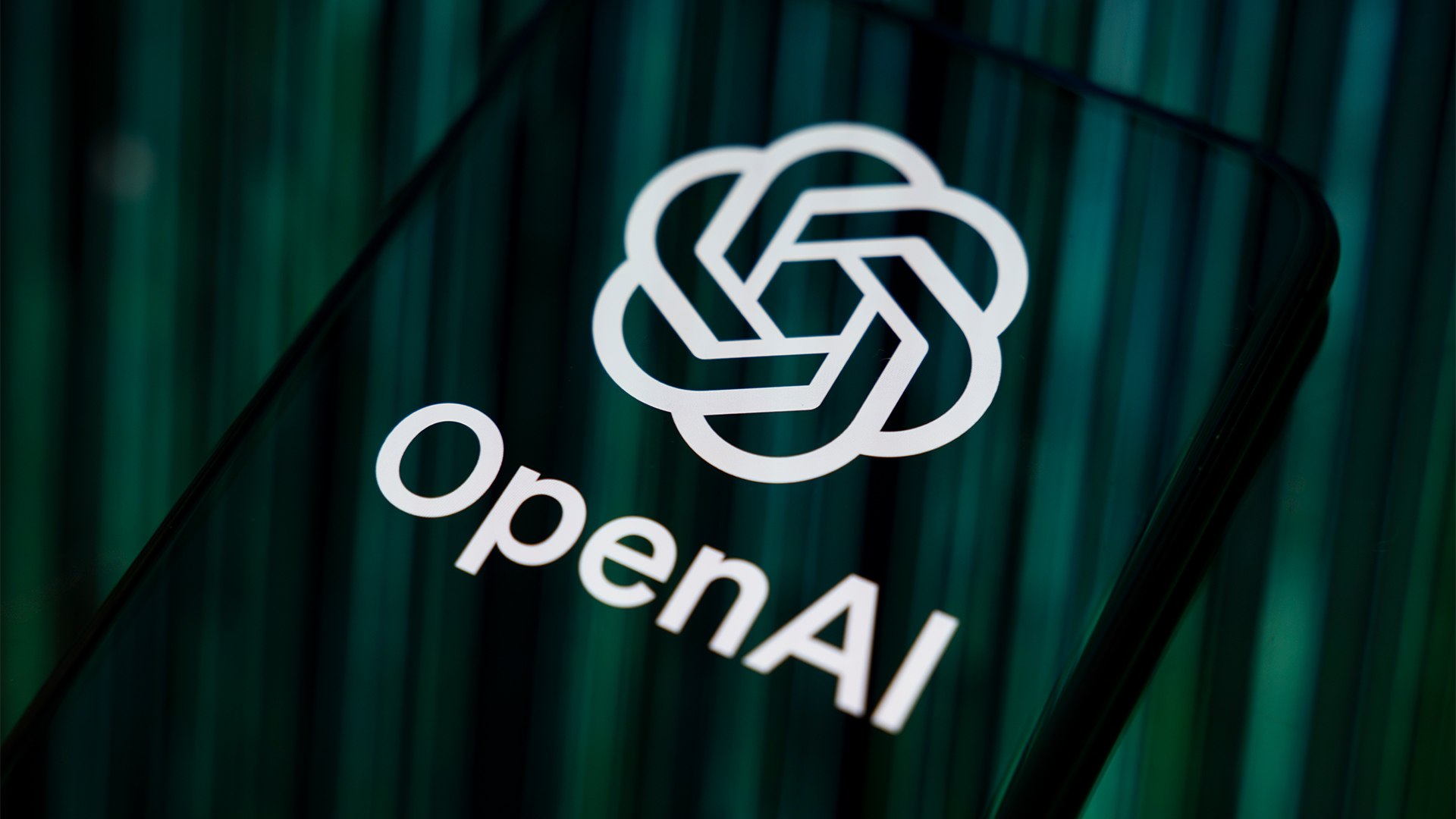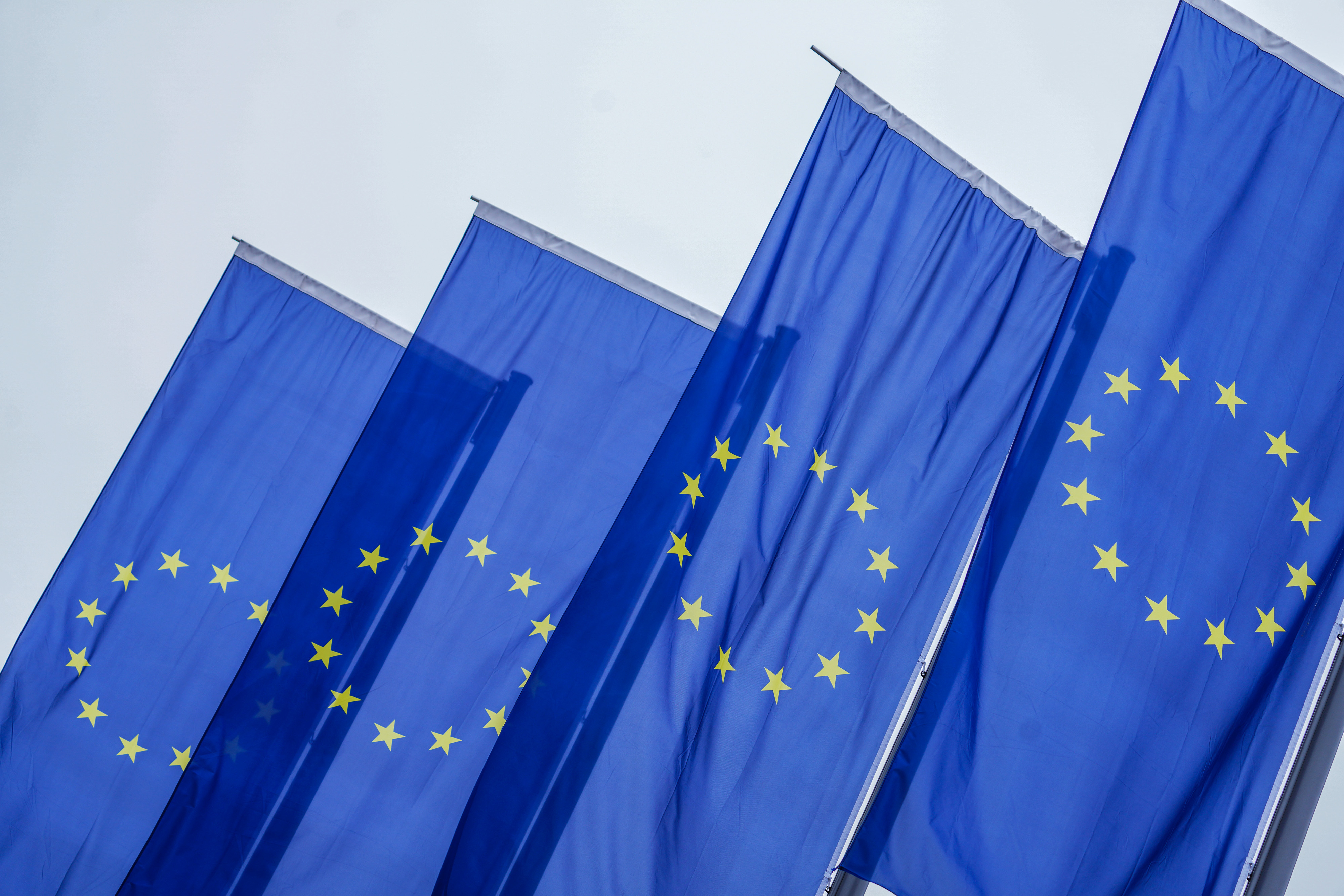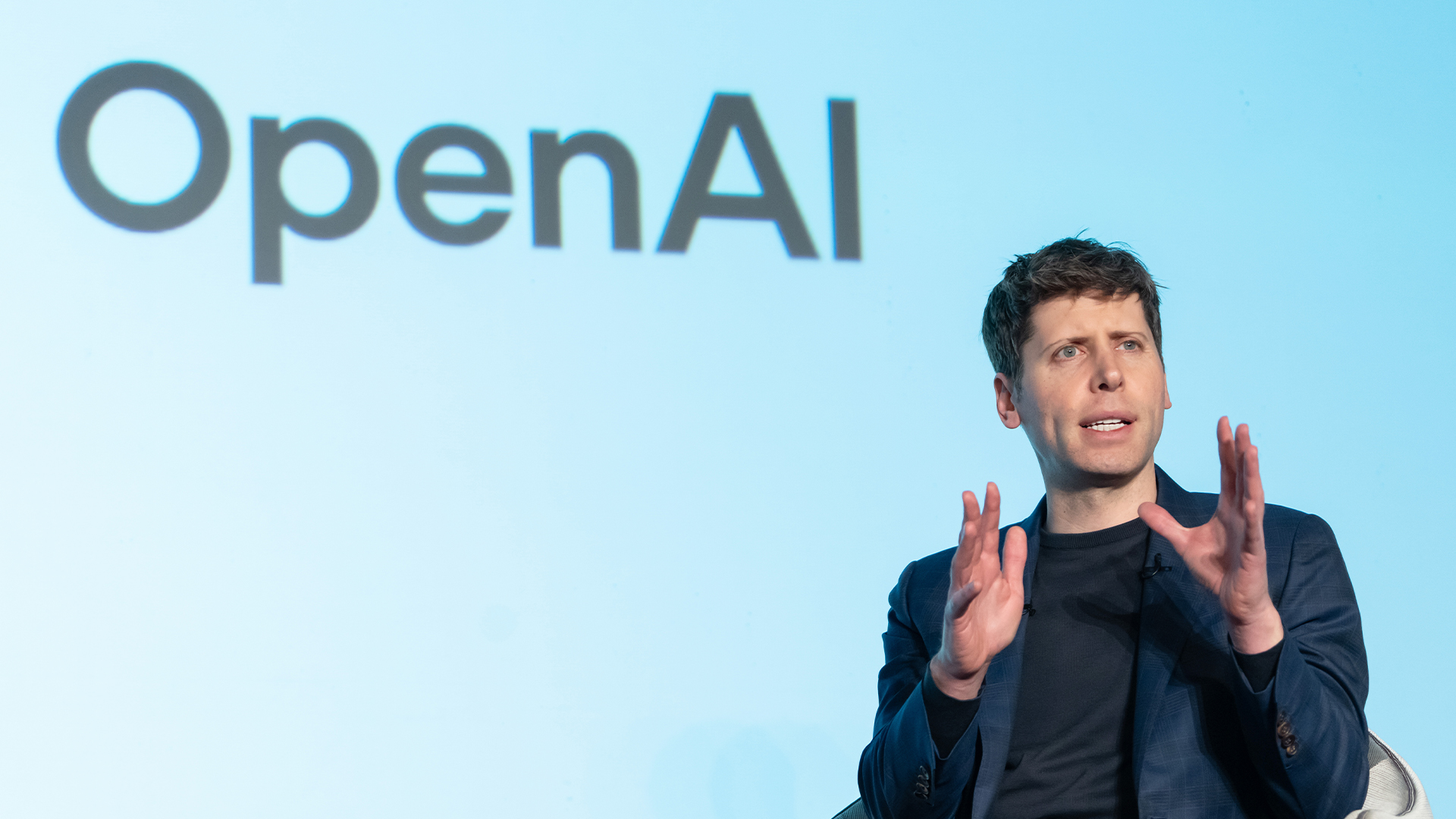Why Mistral AI could be Europe’s answer to US dominance
Mistral AI has raised a significant amount of investment amid a meteoric rise

Rory Bathgate

French startup Mistral AI has rapidly emerged as one of Europe’s leading AI industry darlings, having recently secured a $415 million Series A funding round.
With the funding propelling the company’s value to around $2 billion, this raises the question of whether Mistral AI can truly position itself as Europe’s equivalent to OpenAI, which it has been keen to impress in recent months.
In the wake of the funding round, co-founder and CEO Arthur Mensch specifically targeted the goal of “creating a European champion” in the generative AI space. A bold statement given the monumental task that European companies often face in competing with US hyperscaler-backed giants.
However, at present everything points toward this goal being very much within the company’s grasp. Mistral’s foundations, its backers, and its approach to generative AI could be a key differentiator for the firm in a post-AI Act environment.
The French startup was co-founded by former members of Google DeepMind and Meta, and its rise to prominence has been impressive so far.
Within just a month of launching, it raised $112 million in seed funding and boasts some serious VCs and industry heavyweights as notable backers.
Andreessen Horowitz led the recent Series A funding scoop while firms such as Salesforce, General Catalyst, and BNP Paribas all participated in the round.
Sign up today and you will receive a free copy of our Future Focus 2025 report - the leading guidance on AI, cybersecurity and other IT challenges as per 700+ senior executives
What sets the company apart from contemporaries across the pond is that its objectives center around creating an “open, responsible, and decentralized approach” to generative AI, according to Mensch.
In September, the company unveiled its first large language model, dubbed ‘Mistral 7B’.
The 7.3 billion parameter model doesn’t quite match the performance capabilities of GPT-4, or Anthropic’s Claude 2 models. But it does outperform both of Meta’s Llama 2 13B and 34B models across a range of benchmarks.
The decision to make this model publicly available could prove a master stroke. This open source approach to LLM access has proven popular so far this year, most notably with the release of Meta’s Llama 2 model.
In an announcement coinciding with the a16z investment raise, the Parisian tech firm also launched its Mixtral 8x7B model, which has been released publicly under the Apache 2.0 license.
This most certainly appears to be Mistral’s attempt to contend with platforms such as ChatGPT or Google Bard.
Maybe Mistral AI needs a patron
Mistral AI’s success so far paints a promising picture for its future prospects. But what it boasts in dynamism it may lack in industry backers at present.
A quick glance across the Atlantic and one can’t help but think it has a significant uphill battle if it’s to truly contend with OpenAI or Anthropic, for example. Both are backed by a number of industry heavyweights, and the funding pouring into these firms over 2023 has been astounding to say the least.

Microsoft has backed OpenAI to the tune of around $13 billion, with $10 billion of that coming in 2023 alone. Anthropic, meanwhile, boasts AWS and Google as key backers as the pair look to the startup to bridge gaps with Microsoft.
AWS announced plans to invest up to $4 billion in Anthropic in September as part of a deal to make AWS its primary cloud provider. That was followed by $1.5 billion in funding from Google on top of an original $500 million investment earlier in the year.
With cash like this pouring into US-based firms, the prospects don’t look quite so promising.
Cost might be the game changer
Companies embracing generative AI have quickly realized that it’s a costly affair.
Research earlier this year from CCS Insight predicted a “cold shower” for generative AI in 2024 due to skyrocketing costs.
Mistral’s open source approach, however, does offer benefits. These models are typically cheaper to deploy compared to proprietary models such as ChatGPT or Claude.
In its Series A announcement this week, a16z specifically highlighted the fact that open source approaches enable developers to build “cheaper, faster, and safer software infrastructure”.
RELATED RESOURCE

Discover how your security team can increase productivity with AI
But does Mistral AI really offer this? Its model benchmarks appear to meet expectations due to the fact it uses a “router network” to streamline processes.
Mixtral, for example, has around 45B total parameters but only uses 12B parameters per token, according to the firm. This means that the model “processes input and generates output at the same speed and for the same cost as a 12B model”.
“This technique increases the number of parameters of a model while controlling cost and latency, as the model only uses a fraction of the total set of parameters per token,” the firm said in a blog post.
EU AI regulation could hamstring Mistral AI
Mistral AI represents one of the standout companies in the sector for the whole EU. While the lawmakers across the EU have finally come to an agreement on the AI Act, much is left to be debated.
France, Germany, and Italy caused friction in the EU in November as the countries signed an agreement on voluntary AI regulation, specifically relating to foundation models.
Lawmakers from the countries have expressed their doubts about the impact of the EU AI Act on the innovation landscape within Europe, with the former French secretary for the digital economy Cédric O having warned that undue bureaucracy arising from the EU AI Act could kill Mistral AI entirely.

Rory Bathgate is Features and Multimedia Editor at ITPro, overseeing all in-depth content and case studies. He can also be found co-hosting the ITPro Podcast with Jane McCallion, swapping a keyboard for a microphone to discuss the latest learnings with thought leaders from across the tech sector.
For the moment, the firm sits at the eye of the storm in Europe. There are some standout nations, with France and Germany standing guard over Mistral and the German startup Aleph Alpha, respectively. But unlike its American counterparts, this period of calm could be short-lived.
It’s likely that Mistral will have to continue to comply with future agreements around AI regulation in the EU.
There’s no question that the EU’s risk-based approach comes with benefits to consumer privacy, and many in the sector have praised it for its cautious approach to a technology that, unchecked, could entrench societal biases or put the data of EU citizens at risk.
The problem is that firms playing fair by these rules will still have to compete with US firms with first-mover advantage such as OpenAI and Anthropic, who face a comparatively lax regulatory environment.
Through firms like Mistral AI, the EU’s arguments that the AI Act doesn’t unfairly inhibit AI innovation could be put to the test – the region’s sovereign AI sector hangs in the balance.

Ross Kelly is ITPro's News & Analysis Editor, responsible for leading the brand's news output and in-depth reporting on the latest stories from across the business technology landscape. Ross was previously a Staff Writer, during which time he developed a keen interest in cyber security, business leadership, and emerging technologies.
He graduated from Edinburgh Napier University in 2016 with a BA (Hons) in Journalism, and joined ITPro in 2022 after four years working in technology conference research.
For news pitches, you can contact Ross at ross.kelly@futurenet.com, or on Twitter and LinkedIn.
- Rory BathgateFeatures and Multimedia Editor
-
 What is Microsoft Maia?
What is Microsoft Maia?Explainer Microsoft's in-house chip is planned to a core aspect of Microsoft Copilot and future Azure AI offerings
-
 If Satya Nadella wants us to take AI seriously, let’s forget about mass adoption and start with a return on investment for those already using it
If Satya Nadella wants us to take AI seriously, let’s forget about mass adoption and start with a return on investment for those already using itOpinion If Satya Nadella wants us to take AI seriously, let's start with ROI for businesses
-
 DeepSeek rocked Silicon Valley in January 2025 – one year on it looks set to shake things up again with a powerful new model release
DeepSeek rocked Silicon Valley in January 2025 – one year on it looks set to shake things up again with a powerful new model releaseAnalysis The Chinese AI company sent Silicon Valley into meltdown last year and it could rock the boat again with an upcoming model
-
 OpenAI says prompt injection attacks are a serious threat for AI browsers – and it’s a problem that’s ‘unlikely to ever be fully solved'
OpenAI says prompt injection attacks are a serious threat for AI browsers – and it’s a problem that’s ‘unlikely to ever be fully solved'News OpenAI details efforts to protect ChatGPT Atlas against prompt injection attacks
-
 OpenAI says GPT-5.2-Codex is its ‘most advanced agentic coding model yet’ – here’s what developers and cyber teams can expect
OpenAI says GPT-5.2-Codex is its ‘most advanced agentic coding model yet’ – here’s what developers and cyber teams can expectNews GPT-5.2 Codex is available immediately for paid ChatGPT users and API access will be rolled out in “coming weeks”
-
 OpenAI turns to red teamers to prevent malicious ChatGPT use as company warns future models could pose 'high' security risk
OpenAI turns to red teamers to prevent malicious ChatGPT use as company warns future models could pose 'high' security riskNews The ChatGPT maker wants to keep defenders ahead of attackers when it comes to AI security tools
-
 Some of the most popular open weight AI models show ‘profound susceptibility’ to jailbreak techniques
Some of the most popular open weight AI models show ‘profound susceptibility’ to jailbreak techniquesNews Open weight AI models from Meta, OpenAI, Google, and Mistral all showed serious flaws
-
 'It's slop': OpenAI co-founder Andrej Karpathy pours cold water on agentic AI hype – so your jobs are safe, at least for now
'It's slop': OpenAI co-founder Andrej Karpathy pours cold water on agentic AI hype – so your jobs are safe, at least for nowNews Despite the hype surrounding agentic AI, OpenAI co-founder Andrej Karpathy isn't convinced and says there's still a long way to go until the tech delivers real benefits.
-
 Will the future of AI be made in Europe? The EU thinks so
Will the future of AI be made in Europe? The EU thinks sonews European Commission unveils two plans backed by €1 billion to help homegrown AI
-
 OpenAI signs another chip deal, this time with AMD
OpenAI signs another chip deal, this time with AMDnews AMD deal is worth billions, and follows a similar partnership with Nvidia last month
